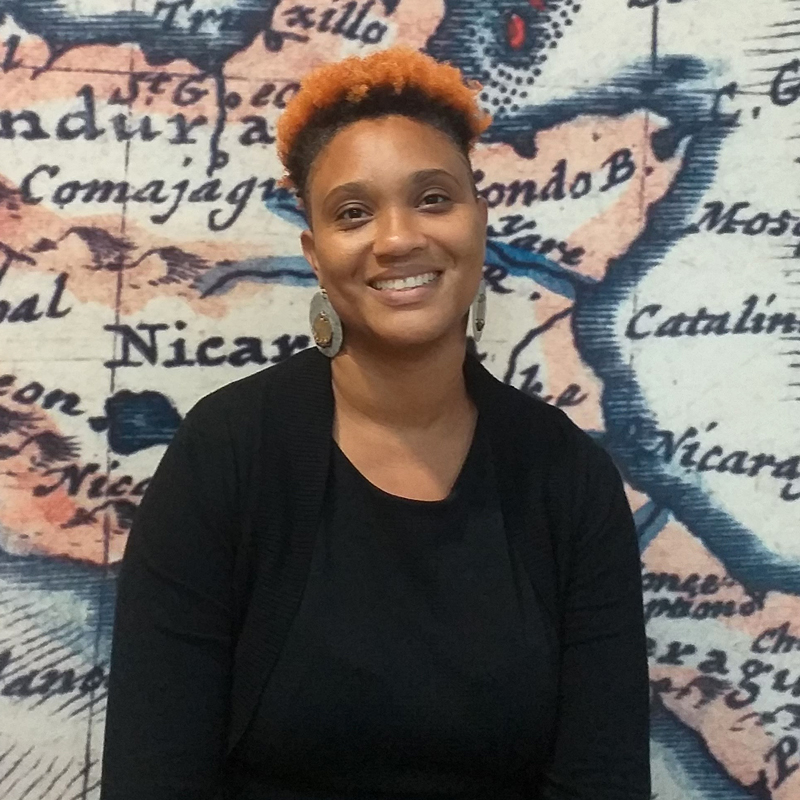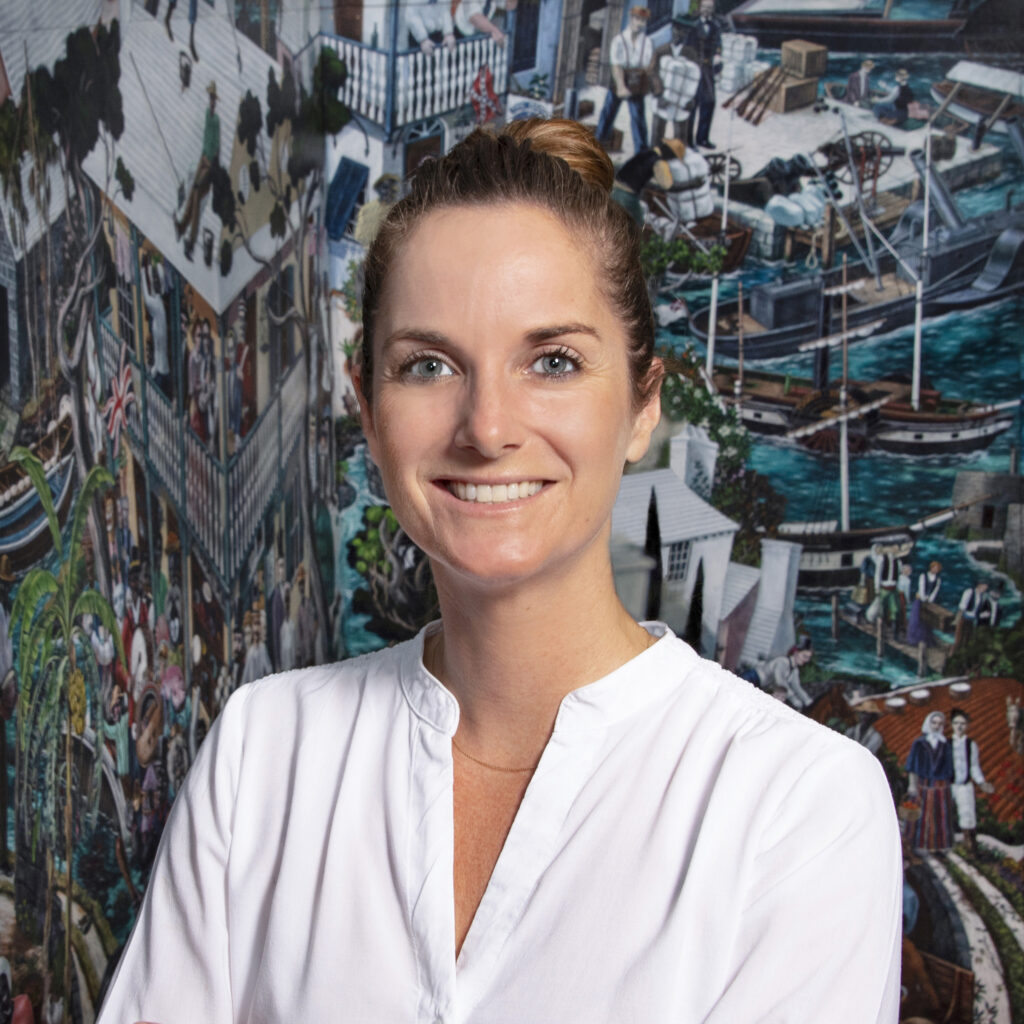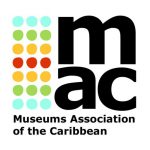INTRODUCING THE NEW BOARD PRESIDENTS OF MAC: SHANI ROPER AND ELENA STRONG
Connect with Shani and Elena!
This is the first time MAC has had two co-chairs as board president. How do you believe that splitting the role benefits the organization?

Shani Roper: MAC is in a great place right now and Elena and I have different strengths that I think are complementary as well as a shared vision for MAC that builds upon the work done over the last few years. I look forward to working with Elena over the course of the year.
Elena Strong: There are many benefits to collaborative and shared leadership. With co-chairing, MAC is getting two different perspectives, skill sets, experiences, and networks to draw on. Also, MAC uses a working Board model so co-chairing can help spread the load. I look forward to working side by side with Shani to progress the mission of MAC this year.

How long have you known about and been involved with MAC? What led to your interest in joining the Board?
Shani: MAC is an important support and networking organization for museum development. I’m really interested in advocating for museum development in the Caribbean and was looking for colleagues with a shared interest in museum education and public history. I presented at MAC’s 2017 conference, then volunteered to be on the Education Committee, and, later, the COVID Response Committee. During the COVID Response Program, I worked on the webinar series. Once elected to the Board in 2020, I worked on the Education Committee with a focus on the Museum Definition Subcommittee. At every level, I’ve felt like I’ve been working with an amazing community of colleagues who are invested in sharing knowledge and facilitating increased partnerships across linguistic and political boundaries.
Elena: I’ve been following the work of MAC for decades and I’m so impressed by how it has grown and evolved. It is such an important network for museum and cultural heritage professionals that addresses the specific and unique needs facing Caribbean museums and cultural organisations. I joined the Board as an institutional Board Member for the National Museum of Bermuda in 2019 and last year, I chaired the newly formed Advancement Committee, which aims to bring more financial stability to the organization.
What plans do you have for MAC as its new co-presidents? Where would you like to see MAC grow or expand under your leadership?
Shani: COVID strengthened our outreach through digital platforms. I’d like us to continue expanding our webinar and educational programming to reflect the areas that our community needs help strengthening. Thus far, I think we’ve done well to increase representation in the French Caribbean and invest resources in simultaneous interpretation, however, I’d like to see us expand our network in the Dutch Caribbean. I’d also like to see us continue to improve our infrastructure and continue to boost our income-generating capacity.
Elena: Shani and I share a common vision for MAC. I, too, would like us to expand our reach and increase our impact through programming and get to a financial point where we can have a full-time CEO/Executive Director to take MAC to the next stage of its development.
In your opinion, what is MAC’s greatest strength?
Shani: Our community of dedicated museum professionals who volunteer their time so that we can achieve our goals.
Elena: The greatest strength we have is the dedicated and hard-working volunteers who support MAC programmes and serve on MAC committees and the Board.
What is one challenge facing museums in the Caribbean and how can a membership body like MAC support cultural organisations and heritage professionals?
Shani: Like Elena, I believe that Caribbean museums are extremely vulnerable especially due to economic and political instability. Given the limited resources that exist in our societies, museums are forced to constantly prove their value. MAC provides a support network that allows us to share ideas and approaches to advocate for institutions in the region.
Elena: In my opinion, Caribbean museums are more vulnerable than ever before. We tend to feel the impacts of climate change, economic instability, and political unrest more acutely than other jurisdictions. MAC is an essential support network that can help us navigate these ongoing challenges together.
What developments in the museum and cultural heritage sector excite you?
Shani: There are two things that I find particularly interesting. Across the field, contemporary debates on decolonization have been especially dynamic in light of the differing perspectives between the Global South (Africa, Caribbean, Latin America, and varied Indigenous communities) and the Global North (Europe, North America, etc.), especially as it relates to questions of the opening up of European collections and repatriation. It is a good time for us in the Caribbean region to think not only of colonial legacies in our own collections, but also to be more vocal in the ways in which Caribbean collections get represented. Secondly, since the pandemic, we as a community have been thinking critically about visitor engagement and I’m excited about creative uses of technology and art to strengthen the museum’s relationship with its communities.
Elena: The past few years of enduring a pandemic have reinforced the importance of the museum’s role in keeping communities together and making them stronger. I’m inspired by the increase in the popularity of researching and exploring family history and how museums are working with their communities to document and share these stories. It is exciting to see how cultural institutions are leveraging technology to incorporate personal narratives into the historical record, using methods such as digital storytelling so that diverse perspectives and new voices are captured and can be easily shared across the globe.
Do you have any advice for young people looking to work in museums and the cultural heritage sector?
Shani: I have a similar response to Elena—join MAC, volunteer at local institutions, and network with other colleagues. More importantly, more of us need to write (blogs, magazines, and journals) about the work we’re doing as this is important to further understanding approaches to Caribbean museology.
Elena: Explore the sector: join MAC, intern at a local museum, network with cultural heritage professionals, visit cultural heritage sites, and find your strengths and the areas you like most. For the cultural heritage sector to succeed, we really need to have young and passionate professionals.
